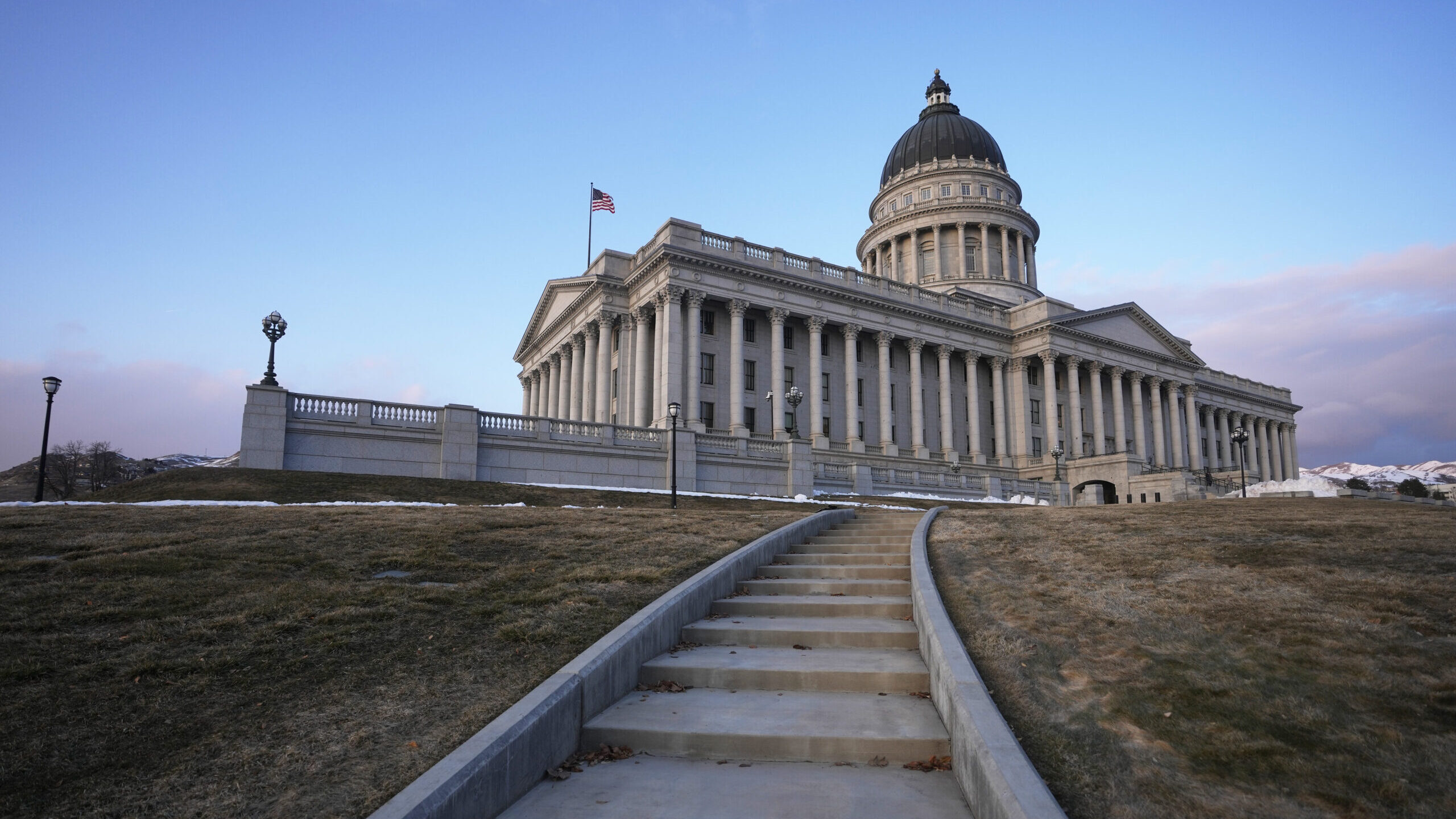Here’s how Utah could be impacted by a US debt default
May 22, 2023, 7:00 PM | Updated: Aug 13, 2023, 7:57 pm

The Utah State Capitol is shown on March 3, 2023, in Salt Lake City. This year, there are eight seats open on the Utah State Board of Education, and 20 candidates are hoping to fill them. (AP photo/Rick Bowmer, File)
(AP photo/Rick Bowmer, File)
SALT LAKE CITY — As the federal government grapples with the debt ceiling, those in Utah on social security and others receiving a federal paycheck could feel the impact if the US were to default on its payments.
Experts agree the probability of that is low, but the impacts if it were to happen — especially to the economy — would be significant.
“We’re talking about an economic downturn that could be to the magnitude of something like we saw in the Great Recession,” said Dr. Robbi Foxxe, chief economist with the Governor’s Office of Planning and Budget (GOPB).
Utah’s federal money
Federal money flows into the state both directly — straight to eligible Utahns bank accounts — and through the state as government entity.
Utahns on social security represent the biggest chunk of direct federal dollars flowing directly into the state, about $15 billion according to the GOPB.
“A large portion of that is social security,” said Sophia DiCaro, executive director of GOPB. Other Utahns who receive checks from the federal government include people in the national guard, and federal employees who live here who work in areas like education, transportation, and agriculture.
Separately, about $10 billion in federal funds come to Utah to run Utah’s social service programs, administered by Department of Health and Human Services and the Department of Workforce Services. Federal employees and military spending also get administered through the state.
In total, Utah has $25 billion dollars in federal funds flowing through it.
Utah economic impact of a debt default
All Utahns would feel the brunt if the US defaults, said Foxxe, because it would have significant ripples through the economy.
“High consequence but low probability,” she said.
In the short term, Utahns on social security, or those receiving benefits like Medicaid, SNAP, WIC, federal employees and veterans may feel the most short term pain.
“Populations who receive those supports are definitely at risk,” Foxxe said.
In the longer term though, she said it depends on what negotiations come out of debt ceiling talks.
DiCaro added the state prides itself on being prepared for disasters of all kinds.
“That’s systematic and not something new,” DiCaro said. “We’re in a much better position than maybe some other states would be because of the way we budget and plan for in advance.”
Read more:













